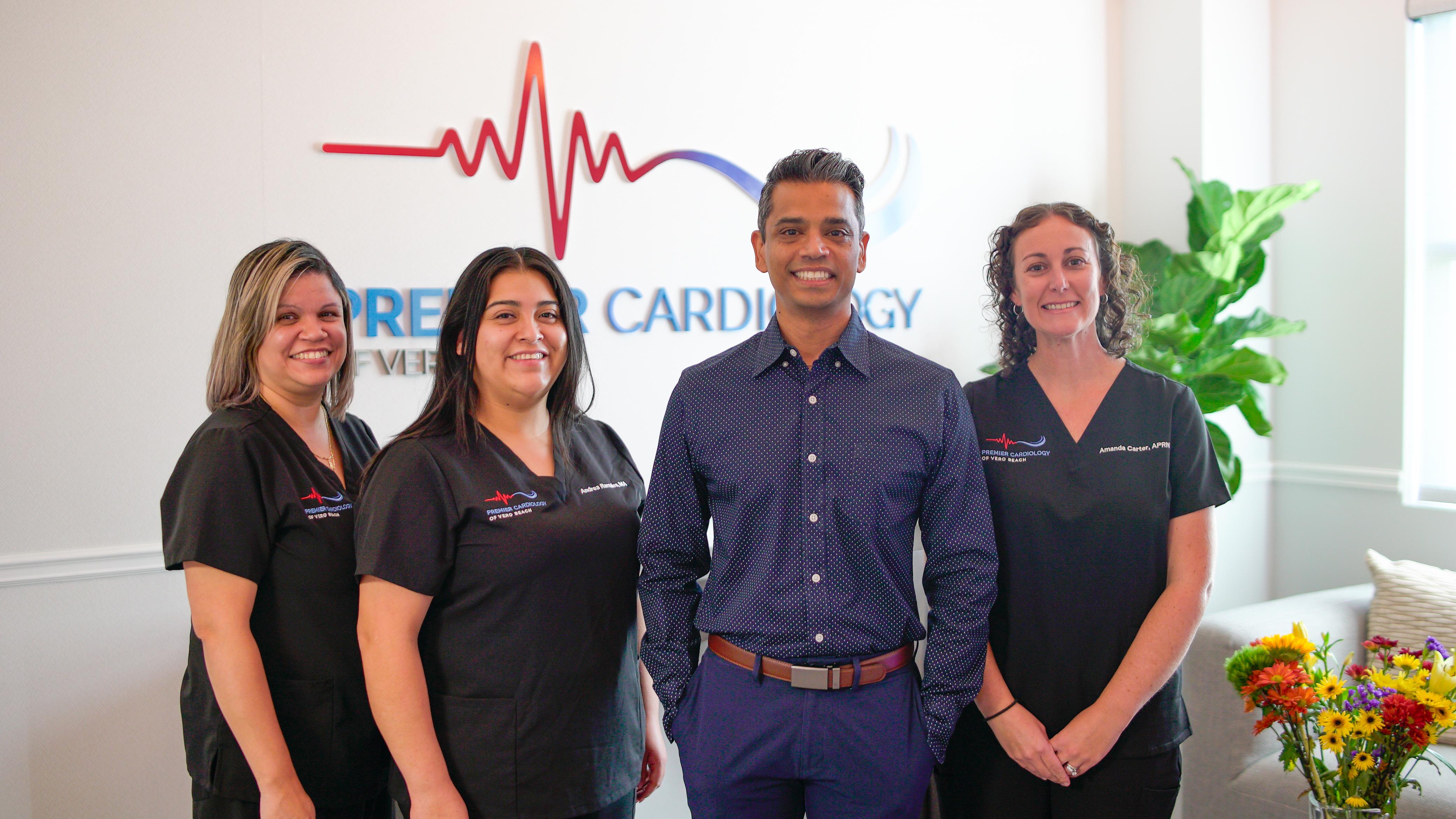- May 2, 2024
A Holistic Approach to Atrial Arrhythmia Treatment: Medications and Lifestyle Changes
Atrial arrhythmia, specifically atrial fibrillation, is a common heart condition that can lead to serious complications if left untreated. While medications are often prescribed to manage the symptoms and reduce the risk of complications, a holistic approach to treatment that includes lifestyle changes can be highly beneficial. By combining medications with healthy habits, individuals with atrial arrhythmia can better manage their condition and improve their overall heart health.
Medications for Atrial Arrhythmia
Antiarrhythmic Medications
- Antiarrhythmic medications are commonly prescribed to help regulate the heart's rhythm and reduce the frequency of atrial arrhythmia episodes.
- These medications work by affecting the electrical impulses in the heart, helping to restore and maintain a normal heart rhythm.
- Examples of antiarrhythmic medications include flecainide, propafenone, and amiodarone.
- It is important for individuals taking antiarrhythmic medications to follow their healthcare provider's instructions carefully and to be aware of potential side effects. If you are looking for an atrial arrhythmia treatment, you may contact Premier Cardiology of Vero Beach.
Rate Control Medications
- Rate control medications are another common treatment option for atrial arrhythmia, particularly atrial fibrillation.
- These medications help slow down the heart rate, making it easier for the heart to pump blood effectively.
- Examples of rate control medications include beta-blockers, calcium channel blockers, and digoxin.
- Individuals taking rate control medications should monitor their heart rate regularly and report any significant changes to their healthcare provider.
Lifestyle Changes for Atrial Arrhythmia
Healthy Diet
- Following a heart-healthy diet can play a significant role in managing atrial arrhythmia and improving overall heart health.
- Key components of a heart-healthy diet include consuming plenty of fruits, vegetables, whole grains, lean proteins, and healthy fats.
- Limiting sodium, saturated fats, and added sugars is also important for individuals with atrial arrhythmia.
- Consulting with a healthcare provider or registered dietitian can help individuals develop a diet plan that meets their specific needs.
Regular Exercise
- Engaging in regular physical activity is important for maintaining cardiovascular health and managing atrial arrhythmia.
- Exercise can help improve heart function, lower blood pressure, and reduce stress – all of which can benefit individuals with atrial arrhythmia.
- It is recommended that individuals with atrial arrhythmia aim for at least 150 minutes of moderate-intensity exercise per week, such as brisk walking or cycling.
- Before starting a new exercise program, individuals should consult with their healthcare provider to ensure it is safe and appropriate for their condition.
Stress Management
- Stress can be a trigger for atrial arrhythmia episodes, so finding healthy ways to manage stress is important for individuals with this condition.
- Practicing relaxation techniques such as deep breathing, meditation, or yoga can help reduce stress levels and promote overall well-being.
- Engaging in activities that bring joy and relaxation, such as spending time with loved ones, pursuing hobbies, or enjoying nature, can also be beneficial.
- Individuals with atrial arrhythmia should prioritize self-care and make time for activities that help them unwind and de-stress.
Combining Medications and Lifestyle Changes
While medications are important for managing atrial arrhythmia, incorporating lifestyle changes can enhance treatment effectiveness and improve overall heart health. By combining the benefits of medications with healthy habits such as maintaining a balanced diet, staying physically active, and managing stress, individuals with atrial arrhythmia can better control their condition and reduce the risk of complications.
It is essential for individuals with atrial arrhythmia to work closely with their healthcare provider to develop a comprehensive treatment plan that incorporates both medications and lifestyle changes. Regular monitoring and follow-up appointments can help ensure that the treatment plan remains effective and adjustments can be made as needed.
Key Takeaways
- Atrial arrhythmia, particularly atrial fibrillation, requires a holistic approach to treatment that includes both medications and lifestyle changes.
- Medications such as antiarrhythmics and rate control medications can help regulate heart rhythm and manage symptoms.
- Lifestyle changes such as following a healthy diet, engaging in regular exercise, and managing stress are important for improving heart health and managing atrial arrhythmia.
- Combining medications with healthy habits can enhance treatment effectiveness and reduce the risk of complications in individuals with atrial arrhythmia.
